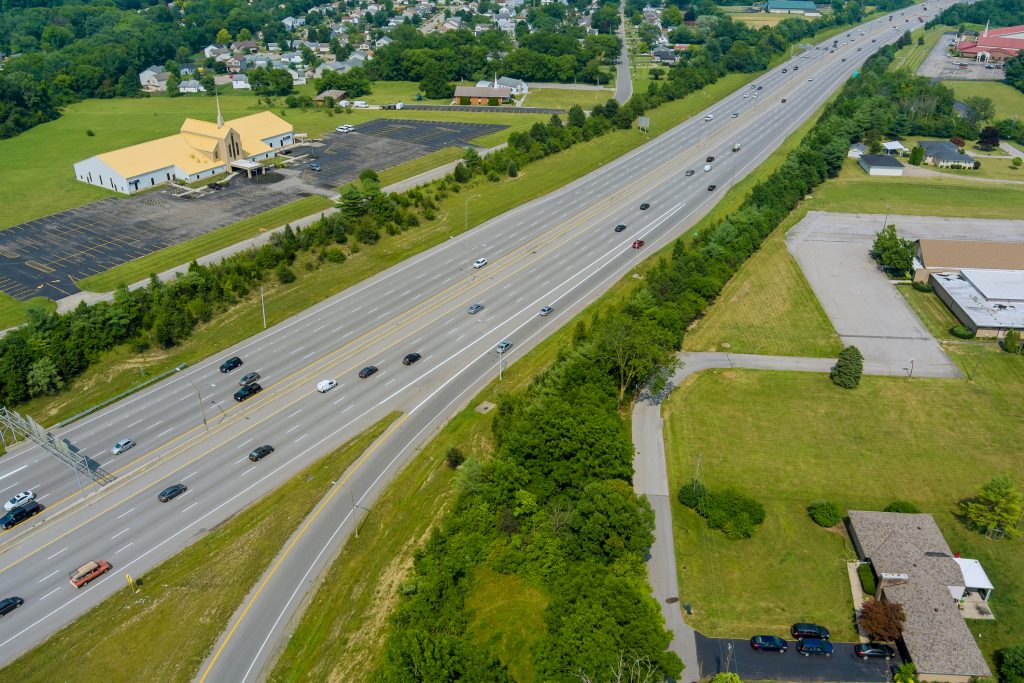Welfare tolling proposals are proliferating: charging low-income drivers less to use tolled lanes in the name of equity.
by Robert Poole
We are living in strange times. When I first read about a new rule from the Federal Housing Finance Agency (FHFA) that will increase mortgage fees for borrowers with high credit scores and reduce them for borrowers with low scores, I thought it was some kind of parody. But no, it is the latest federal government attempt to increase “equity.” Alas, talk of increasing equity also keeps seeping into transportation policy, especially where tolling is concerned. Here are several recent examples.
-
- New York’s Metropolitan Transportation Authority (MTA) announced that its forthcoming congestion pricing system for New York City “will reduce congestion pricing tolls for low-income drivers who travel frequently into the Manhattan congestion zone.” (Streetsblog, May 9, 2022)
- In the San Francisco Bay Area, the new express toll lanes on I-880 are running a pilot program offering lower toll rates for low-income families. (San Francisco Examiner, April 12, 2023)
- The planned conversion of State Route 17 in Marin, Sonoma, and Napa counties to a widened toll road will provide a 50% discount on the toll for California commuters whose household income is less than 200% of the federal poverty rate—but the added high-occupancy vehicle lane will be free. (Marinij.com, May 17, 2023)
- A proposed congestion pricing plan for Los Angeles highways from the Los Angeles County Metropolitan Transportation Authority “will include subsidies for low-income drivers and carpoolers.” (Los Angeles Times, May 30, 2023)
For the past hundred years, drivers paid the same rate of fuel tax, regardless of income. Historically, toll rates on toll roads and toll bridges were the same for everyone. Government service providers charge different rates for different levels of service (express mail vs. first-class mail, Amtrak first-class vs. coach, etc.). And the whole idea of express toll lanes is to use variably priced tolls to keep the amount of traffic in those lanes free-flowing and below the level that will lead to unstable, stop-and-go congestion.
Studies show drivers of all income groups use toll lanes and that lower-income people receive higher net benefits (the value of time pulse the value of reliability compared with the price of the variable toll) from using toll lanes, so where is the equity problem?
These concerns for the poor may be well-intentioned but are misplaced. The proposed recipients of discounts in these transportation equity plans are drivers or owners of cars, not the workers or families who cannot afford vehicles at all and rely on transit. Federal, state, and local taxpayers already provide large amounts of tax money to provide subsidized transit services, justified largely because transit offers car-less individuals better mobility. It’s true that in the largest 50 U.S. metro areas, it may take twice as long to get from home to work via transit than via driving. But the single best way to improve transit performance in most metro areas would be to operate regionwide express bus service on variably-priced express toll lanes.
Highways are costly to build and costly to operate and maintain. The gas tax is losing its effectiveness as the U.S. highway funding source. It will be replaced by new forms of toll, these days designated as road user charges (RUC) or mileage-based user fees (MBUFs).
In making this transition over the next several decades, we should preserve the users-pay/users-benefit principle on which the gas tax was founded. All drivers should pay their share of the cost of building and maintaining these vital transportation arteries.
Originally published by Reason Foundation. Republished with permission.
For more great content from Budget & Tax News.
